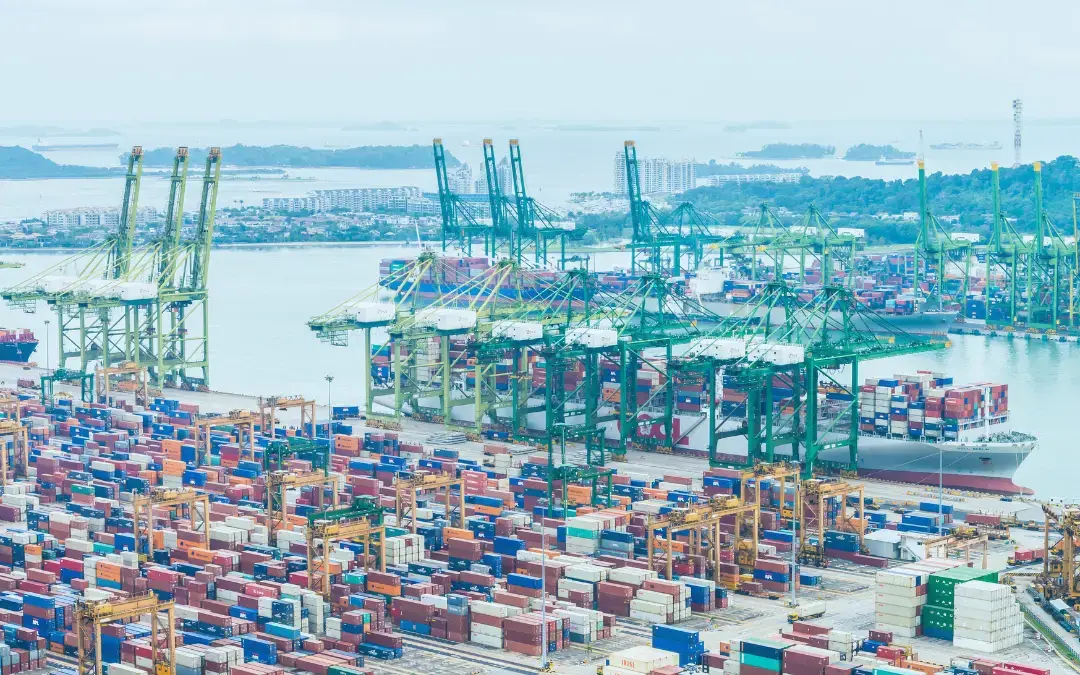Excerpt from The Economic Times Article – Published on Aug 01, 2023
India must promptly address the compliance demands of the European Union’s Deforestation Regulation (EUDR) to safeguard its agricultural exports worth USD 1.3 billion to the EU, a recent report by the Global Trade Research Initiative (GTRI) stated. The regulation, set to be enforced from December 2024, necessitates that products sent to the EU have not originated from deforested land after December 31, 2020.
With India’s higher deforestation rate contributing to a potentially greater impact on its exports compared to other competitors, the challenge is intensified. The complex requirements of the EUDR, coupled with the EU’s Foreign Subsidies Regulation (FSR), add further complexity. Even when certain of a product’s origin, exporters must navigate thorough compliance procedures.
GTRI’s Co-founder, Ajay Srivastava, highlighted the distinction between quality standards and compliance mechanisms. Unlike quality standards, where product excellence is paramount, compliance procedures under the EUDR aim to elevate import costs and bolster local production.
Foreseen casualties of this regulation include coffee, leather, oil cake, paper, paperboard, and wood furniture. The EUDR, adopted on May 16, 2023, is not aligned with the World Trade Organization (WTO) and represents a non-tariff trade barrier.
The regulation will affect major enterprises as of December 2024 and small businesses as of June 2025. Fines of up to 4% of an entity’s EU turnover, product confiscation, and revenue seizure are potential penalties.
GTRI cited data indicating India’s substantial forest loss between 1990 and 2020, classifying it as the second-largest after Brazil during 2015-2020. Although the India State of Forest Report 2021 suggests a marginal rise in forest cover, this is due to an unsegregated assessment of natural forests and plantations. This situation amplifies India’s challenges in proving the provenance of exports.To confront these obstacles, the report recommended increased awareness among exporters, the utilization of existing blockchain-based trace systems, and collaboration with other affected countries to address the issue at the WTO. It emphasized acknowledging the EUDR’s reality and not seeking exemptions from the EU.
In essence, India must proactively navigate the intricate compliance landscape of the EUDR to preserve its vital agricultural exports by adapting its practices and collaborating on a global scale.
To delve deeper into this topic, please read the full article on The Economic Times.






